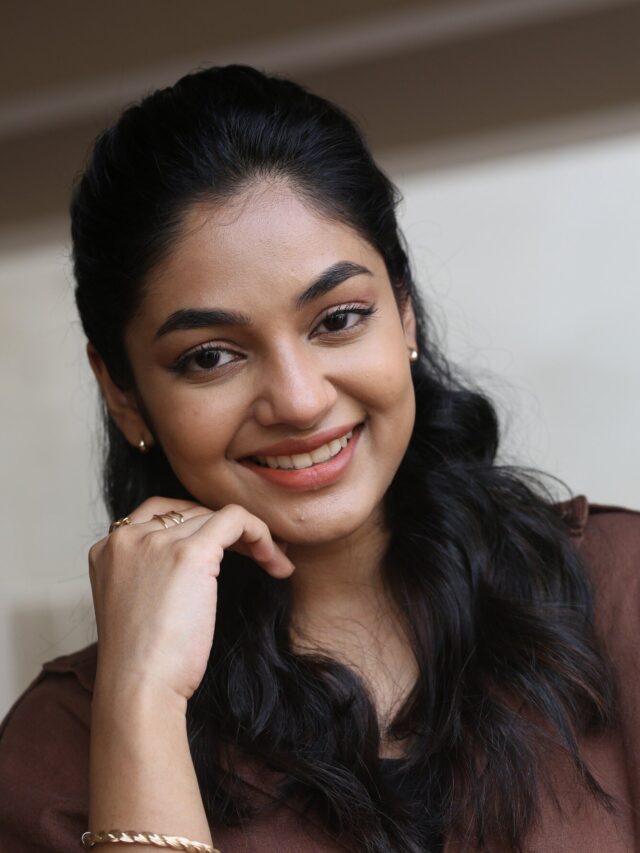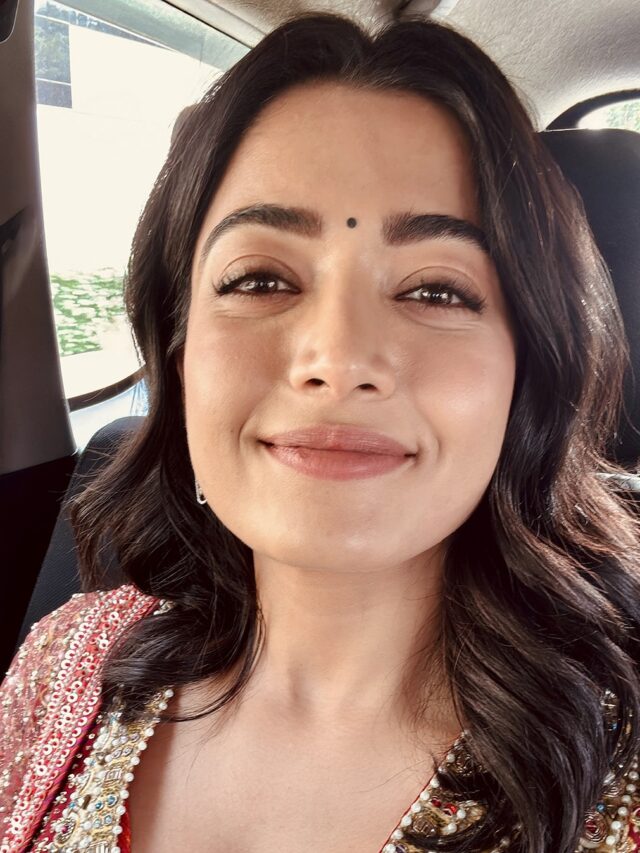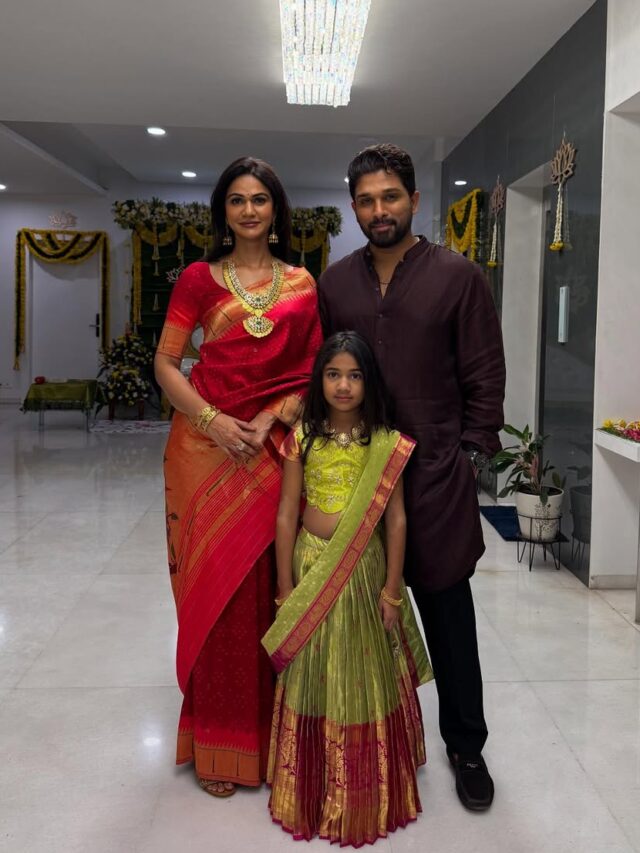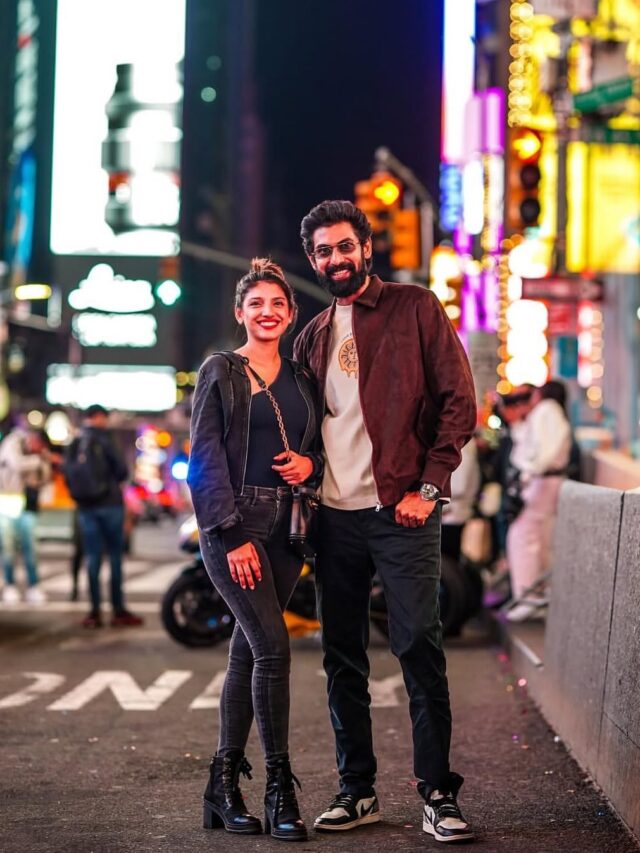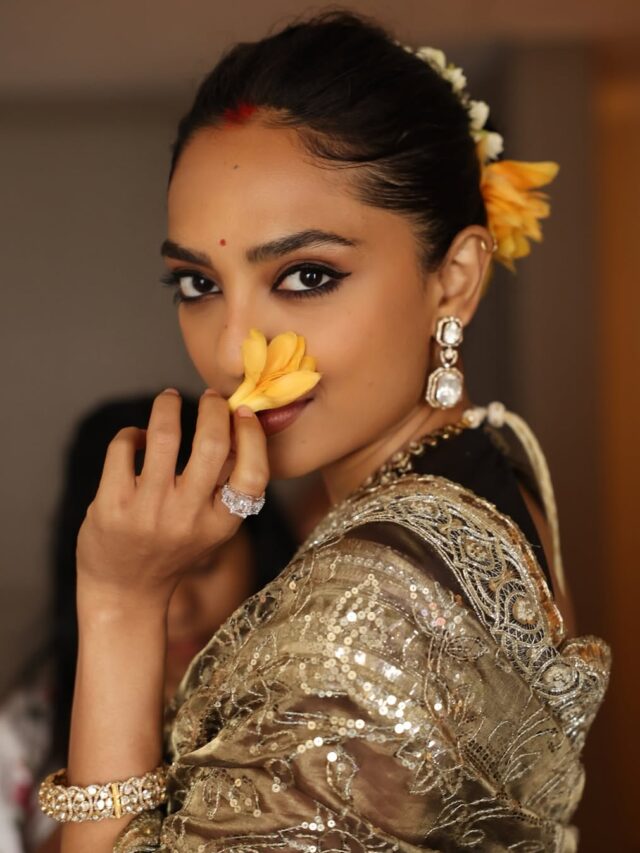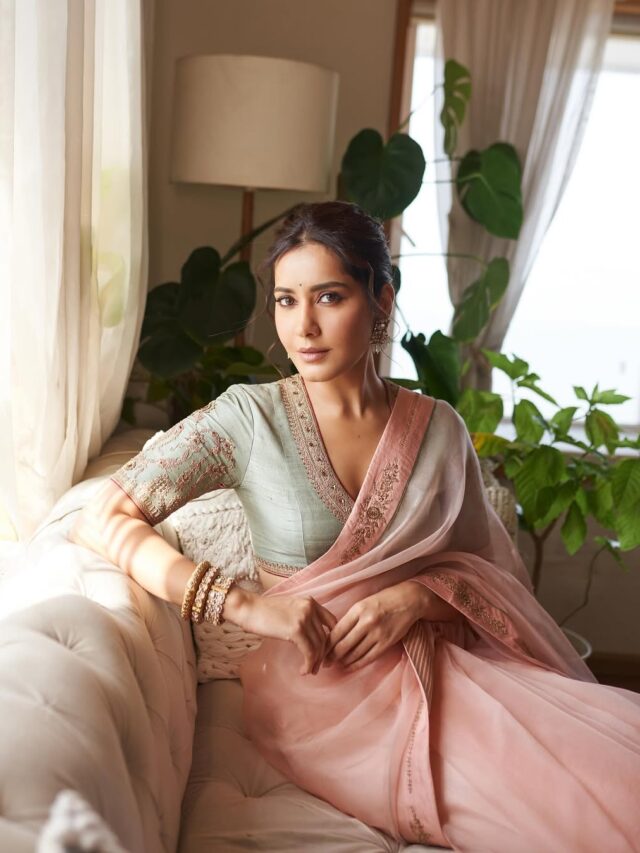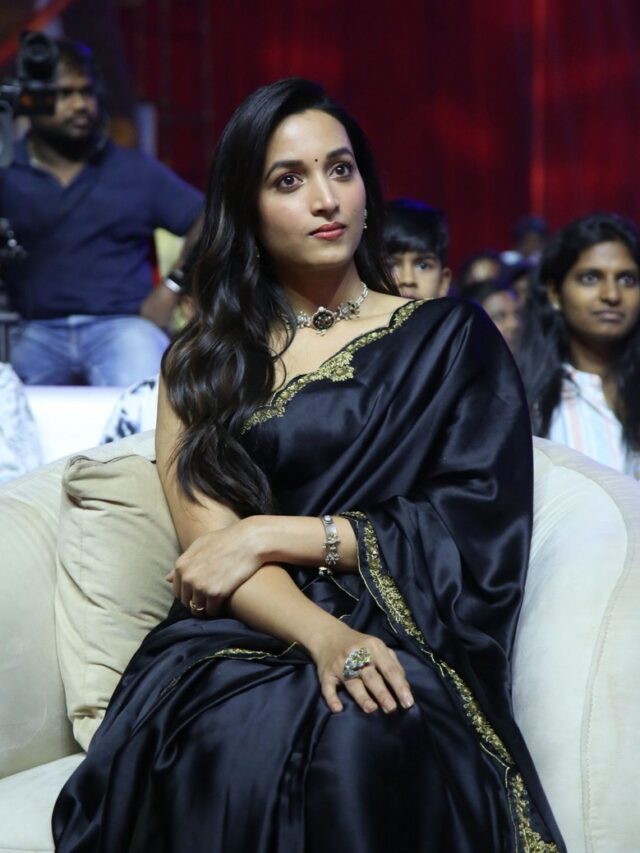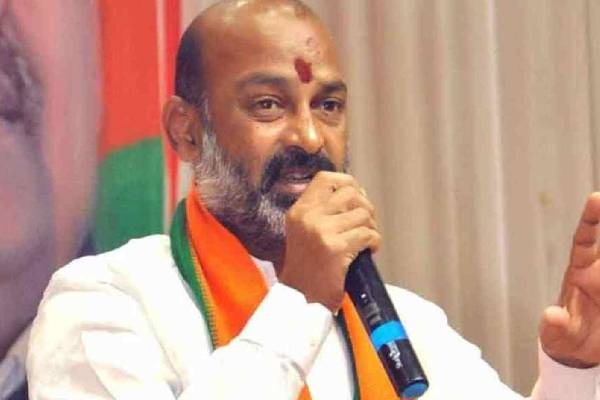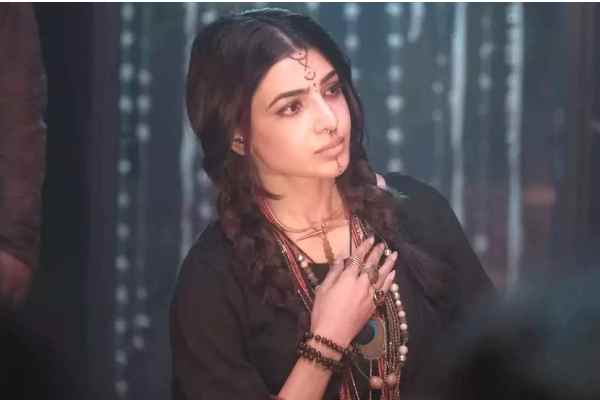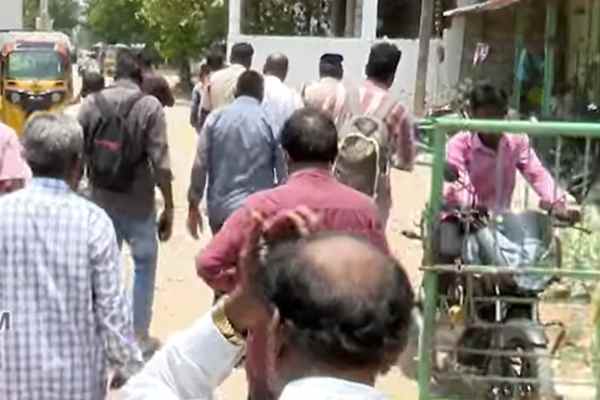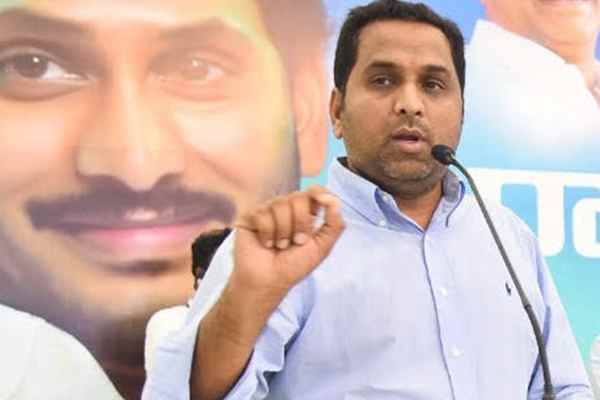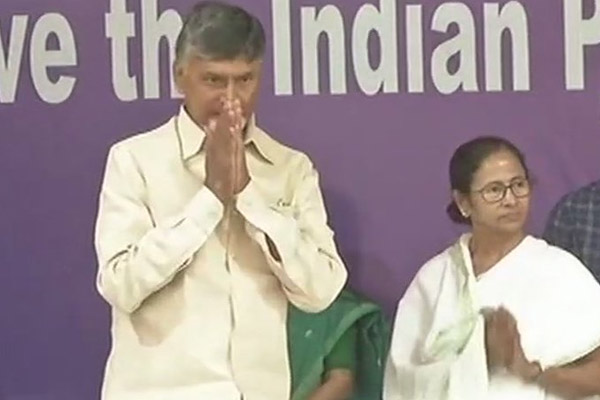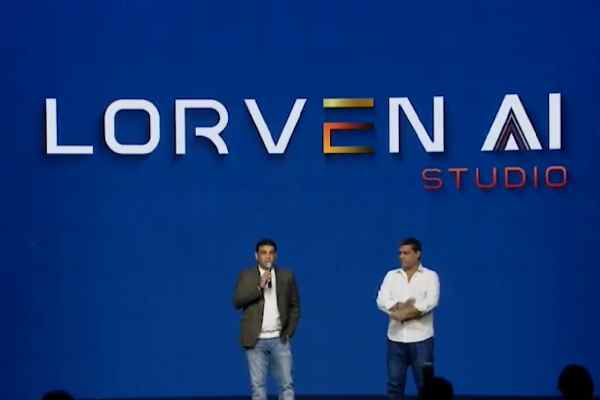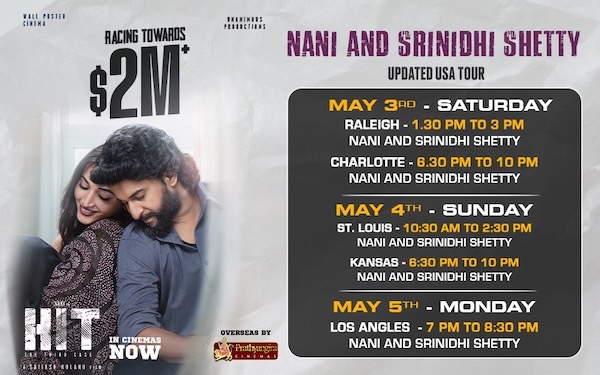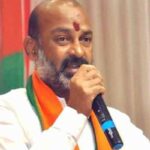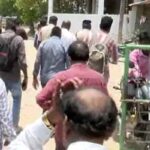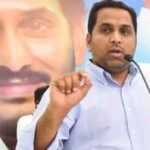A belated effort has started in opposition ranks to rally together forces for a united stand against the Bharatiya Janata Party-led NDA.
Buoyed by their own field reports that the Modi wave could be flagging and the NDA could be short of the majority mark post May 23, opposition unity efforts appear to have got second wind.
One of the principal movers in these efforts is Andhra Pradesh Chief Minister and Telugu Desam Party (TDP) leader N. Chandrababu Naidu, whose own fate will be decided shortly — state assembly elections were held along with the Lok Sabha polls in the state. Naidu was among opposition leaders who approached the Election Commission and the Supreme Court on the issue of VVPATs. He has campaigned for the Trinamool Congress in West Bengal besides being in touch with other opposition leaders like Mayawati of the Bahujan Samaj Party.
K. Chandrashekar Rao of the Telangana Rashtra Samiti (TRS) had initially started out by trying to cobble together a non-BJP, non-Congress alliance. But, there could be a shift in this. While he has met Kerala Chief Minister and CPI(M) stalwart Pinarayi Vijayan — who later described the meeting as significant — he is also believed to have connected with the Congress leadership.
Meanwhile, Odisha Chief Minister Naveen Patnaik, who is being wooed by the BJP, appears to be keeping his options open for the moment. For the record, Naidu has been in touch with him too, suggesting that in the event of a hung Parliament, he could play kingmaker.
It is difficult to say whether the Congress party led by Rahul Gandhi, the principal opposition to the BJP and Prime Minister Narendra Modi, will be the glue in these unity efforts. Rahul Gandhi is focusing on building his party to a position that it can stand on its own without the help of allies.
The face-off on the ground appears to be between a combination of strident nationalism, Hindu pride and a stand against dynasty politics on the one side versus issues of unemployment, farm distress and economic growth on the other. Anecdotal evidence suggests that even though Modi remains the reference point in this election, and is widely regarded as a strong leader who tried to clean up the economy, his focus on muscular nationalism and speeches bordering on communal polarisation are no longer getting top traction.
It is possible that a seven-phase election, rather than tiring out and unraveling those in the anti-BJP camp has also affected the ruling party.
The unity moves are, therefore, aimed at forming a viable opposition, if necessary, after or in the run-up to the counting of votes on May 23. Anticipating that the post-poll alliance will have the numbers, this formation has already suggested that the single largest party should not be invited to form the government in case no one gets a majority after the polls.
The BJP and the NDA have been dismissive of these unity efforts targeting them on two points — of being an alliance of convenience and not having a prime ministerial candidate to stand against Modi. Their rivals counter this by saying that there is actually an embarrassment of riches in this department — their prime ministerial candidates are Mamata Banerjee, K. Chandrashekar Rao and Mayawati, who recently said she would contest for a Lok Sabha seat if the political situation was favourable.
“If all goes well, I may have to seek election from here because the road to national politics passes through Ambedkar Nagar,” she said at an election rally. “The era of ‘NaMo NaMo’ is over and the time has come for those who chant ‘Jai Bhim’,” she added.

